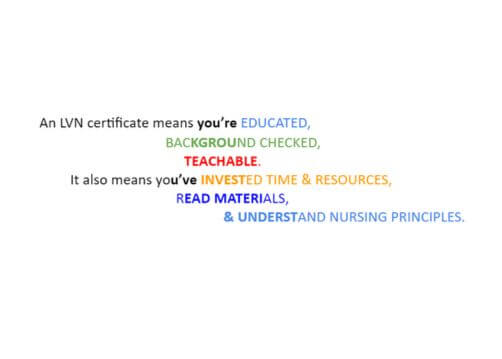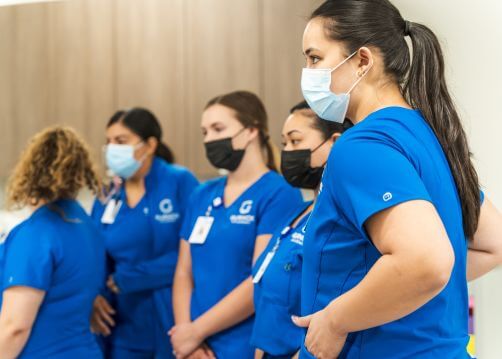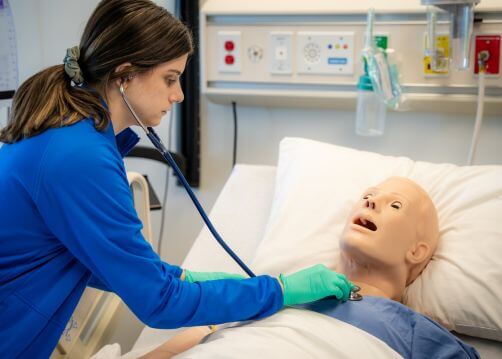LPNs as part of the Healthcare Team
Date: April 11, 2017
LPNs function as healthcare team members by using good judgment based on preparation, knowledge, skills, understanding, and experiences in nursing situations. The licensed practical nurse does most of the direct patient care in health care facilities.
The LPN participates in the planning, implementation, and evaluation of nursing care where nursing takes place. This means the LPN will provide for the emotional and physical comfort and safety of patients. They also record and report to appropriate persons, namely the registered nurse or physician. They also perform more specialized nursing functions, such as administering medications and treatments.

In the care facility, duties may include taking and recording blood pressure, pulse, respiration, temperature, dressing wounds, observing patients and reporting adverse reactions or altered conditions, administering medications and giving injections, starting and checking on IV equipment.
Licensed Practical Nurses are utilized in all components of the health care delivery system, including:
- Clinics
- Doctor’s Offices
- Nursing Homes
- Hospitals
- Rehabilitation Centers
- Schools
- Home Health
Some hospitals offer licensed practical nurses various opportunities to advance, i.e., IV teams, treatment nurses, critical care settings, special procedure nurses, as a few examples. In some instances, at other nursing homes, LPNs practice in that charge nurse supervisory roles.
Licensed Practical Nurse Requirements
Becoming a licensed practical nurse requires completion of a formal training program plus supervised clinical instruction. Vocational schools, private colleges, and community colleges offer practical nursing education programs and require a high school diploma or a GED. Some programs require passing an entrance exam.
LPNs typically complete a one-to-two-year practical nursing program leading to a certificate, diploma, or associate degree. Certificate and diploma programs are the most popular paths for becoming an LPN. An associate degree can be valuable as a foundation for more advanced nursing degrees.
Growth for LPN education in the workplace will be responding to the elderly population’s long-term needs. Besides, the demand for health care, in general, is growing as the population increases. Employment in nursing homes is expected to grow faster than average.
Nursing homes will offer the newest jobs for LPNs as the number of aged and disabled people in long-term care rises. Nursing homes will also be called on to care for the increasing number of patients released from the hospital who have not recovered enough to return home.
Much faster than average growth is expected in-home health care services. This is responding to two factors. One, the number of older people with disabilities is growing. Two, people prefer to be cared for in their homes. Besides, technological advances will make it possible to bring more complex treatment into the home. You will find true for doctor’s offices and clinics, where more complicated procedures can now be performed.
As a result, the employment of LPNs is expected to grow. LPNs seeking jobs in hospitals may face competition as the number of hospital jobs declines. As in many large occupations, replacing LPNs who leave the field will be a major source of job openings.






